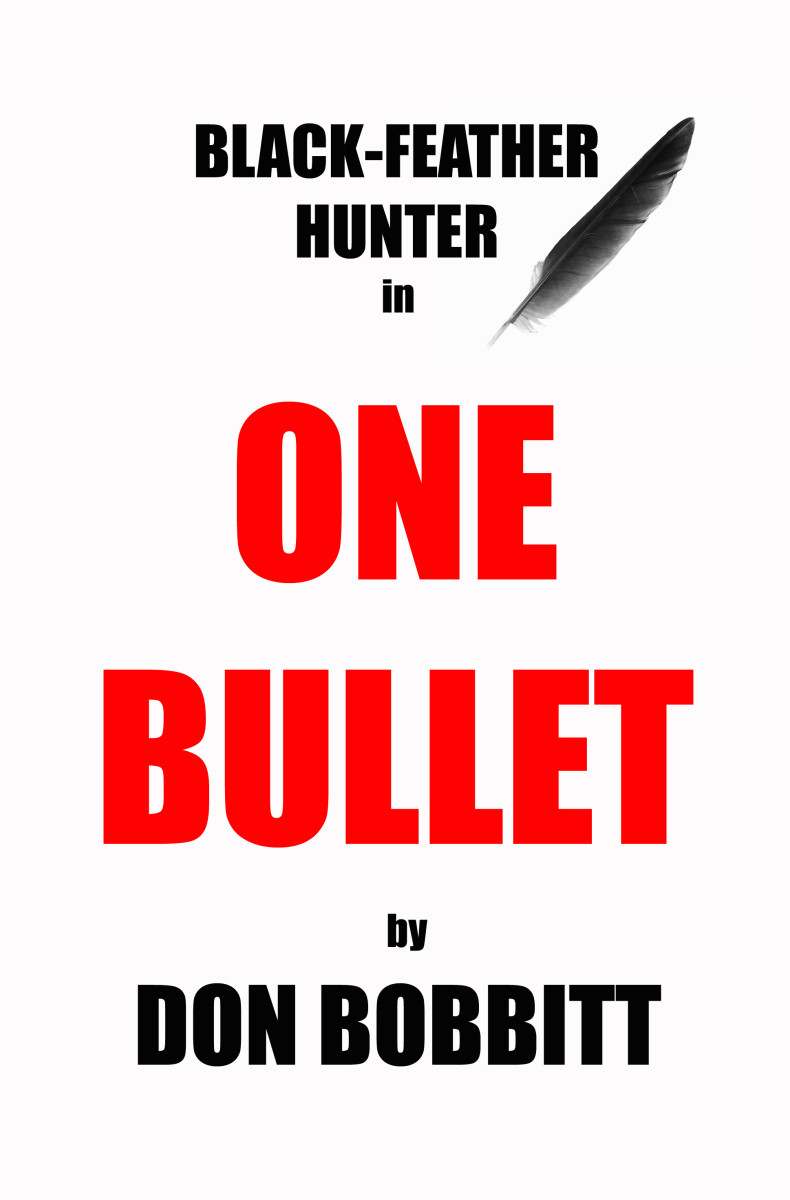Do Your Research...ALWAYS!
How To Tell If Your Publisher Is Legitimate
When it comes to writing, there are many authors out there who dream of being published. Unfortunately, there are just as many people out there claiming to be publishers who want nothing more than to steal those dreams from you. The best way to do that is to be diligent regarding research.
The simplest way to begin doing research is by using Google and other search engines. Simply type the name of the person or publishing company they're claiming to work for or represent into the search bar, then sit back and wait. Chances are you will get tons of Google (or other) pages to check out. If you have certain anti-virus programs installed on your computer, some of them will even notify you if the site/page that has come up in your search is safe for you to explore further by having a green check mark beside it. Once you've done the initial step, there are other ways to discover if a certain publisher is right for you.
One of the ways to get a feel for a publisher/publishing house is by reading the FAQ (Frequently Asked Questions) section of their home page. If you've done that and feel comfortable with the person or company, then you can move onto the next part of the process. Facebook and other social media platforms are extremely helpful when it comes to discovering information on someone. Depending upon the size of your friend list, you can casually ask around to see if others have had contact or experience with the person you are considering entrusting your book(s) with. Word of mouth is perhaps one of the best methods of advertising, as well as discovering whether or not a person or company is legitimate and trustworthy. After you have done these simple steps, then it's onto the next step in finding someone to represent you and your hard writing work.
Once you feel comfortable with a certain publisher, read their submission guidelines. A good rule of thumb to follow is this: Don't sign up with a publisher who accepts any and all. While that might give you a warm, fuzzy feeling on the inside, you have to sit back and wonder at the quality of the work the publisher is taking on. A legitimate, trustworthy publisher will have standards that must be met if you want them to accept your work. If a publisher allows a literal writing free for all, then my advice to you would be RUN.
After you've read their submission guidelines, you must decide if you're willing, ready, and able to format your manuscript and query letter per the publisher's instructions. While not all publishers request or require a query letter, some do. If a publisher specifically states that they are not taking submissions at the present time, then do yourself a favor and look elsewhere. Publishers don't lie when it comes to their workload. It's also a good idea to avoid calling them at all costs. This is why they request email or even "snail mail" manuscript submissions. Phone calls are typically frowned upon from an unknown.
Once you have submitted your manuscript, be prepared to wait. A publisher will typically tell you on the submissions guideline page just how long of a wait you can expect. While some publishers take a few weeks, others can take months. The wait is usually no longer than three to six months, though. It's also a good idea to re-read the submissions guideline page to be sure you're following their guidelines to the letter. Some publishers will want to know if you are doing multiple submissions (that is, sending your manuscript to more than one publisher and/or agent). Don't be afraid to be honest here. Honesty is key when it comes to establishing a relationship in the writing world. If the publisher you have chosen frowns upon multiple submissions, then you must ask yourself if you are willing to wait and be patient for that one publisher to answer your query. If you aren't, then you must start the process all over again.
Once a publisher has accepted your manuscript, they will be in contact with you to discuss things like contracts, payment, and marketing. If a publisher tells you that they are also an agent, that is a definite red flag. A person CANNOT be an agent AND a publisher, as those are two completely separate career paths. Also, if your publisher informs you that she/he has submitted your manuscript to a movie company or TV network, be sure to validate that information on your own. If something like that DOES happen with your manuscript/book, be scrupulous when it comes to verifying information, as well as getting a copy of any contracts that are offered from the aforementioned companies.
When it comes to publishers that are considered vanity presses, my best advice to you is to proceed with caution. Vanity presses charge authors to have their books published, and they offer no guarantees regarding your success. A good rule of thumb to remember is this: Money should ALWAYS flow FROM the publisher TO the author, NOT the other way around. If you do decide to go with a vanity press, all I can say is this: To be forewarned is to be forearmed.
Following these simple guidelines will boost your spirits and enhance your writing career, as well as save you from a ton of heartache and disappointment down the line. As always, write on!







